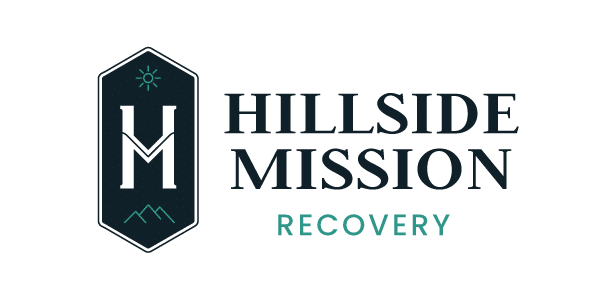If you have a family member or loved one struggling with addiction, you likely know how difficult it is for them to ask for help. There is a ton of shame and anguish that comes with having an addiction, and many people suffering from addiction will try to hide their problems, especially from their loved ones. This makes getting them to accept that they need help even more difficult.
Knowing how to approach your loved ones and talk to them about their addiction and the importance of going to rehab in order to get sober can be very tricky because it is such a delicate situation. It’s important to understand the feeling of your loved ones and the situation they are in, and the nature of the addiction they are struggling with.
At Hillside Mission Recovery, we know that it’s difficult to talk to someone about rehab, but that rehab is the best way to get the help needed to beat addiction and get on the road to recovery. That’s why we want to give families the help and support they need. In this post, we will discuss the signs that your loved one has an addiction, how to speak to an addict, particularly a loved one, about their addiction and going into rehab, and how to get your loved one the help they need today.
What Are the Signs a Loved One is Addicted?
Before you can know how to get a loved one help, you have to first recognize the signs that your loved one is addicted to drugs or alcohol. Dealing with a loved one with an addiction can be much different than interacting with anyone else. While many of the signs remain the same, there are additional elements that go into dealing with the situation.
Typical signs of addiction include changes in behavior, distancing oneself from friends and family, choosing to use drugs or alcohol over once favored activities, poor hygiene, and lack of interest in day-to-day responsibilities.
In addition to the usual signs that go along with addiction, when dealing with a loved one, they will often go to great lengths to hide the addiction out of embarrassment or shame. This may mean lying, behaving erratically, pretending they are only using a small amount (especially with prescription drugs), and going to great lengths to conceal the extent of their addiction.
For the family of the person with the addiction, it is difficult for them to recognize the addiction as well because they want to believe their loved one does not have a problem or that everything is under control. This is why paying attention to all the signs is so important, even if it is a loved one.
How to Talk to Someone Who Needs to go to Rehab
Talking to a loved one about going to rehab is not an easy thing to do. You want what’s best for your loved one, but sometimes getting them to accept that they have a problem and need help is very difficult, and they can feel confronted.
It is important when talking to a loved one about rehab to remain calm and compassionate and to stress the importance of their well-being over trying to place blame or remind them of the harm that the addiction has caused. In some cases, an intervention is necessary, but the premise of the conversation remains the same, that they are loved and that everyone simply wants what is best for the person addicted.
Using positive language and encouraging them to move forward and make a change that will benefit them is more likely to result in a positive outcome and get the person to agree to go into rehab.
How to Get a Loved One Help Today
Once you’ve gotten your loved one to accept that they have an addiction and need help, the next step is to contact our addiction treatment facility at HIllside Mission Recovery and begin discussing what a treatment plan will look like for your loved one.
We are a luxury inpatient rehab facility that offers a wide range of treatment options for clients struggling with addiction. Our calming and relaxing environment is the perfect backdrop to let clients focus on the root causes behind their addiction and work on developing the tools they need to stop using drugs and go back to a normal and happy life. We offer medically supervised detox, inpatient rehab, and aftercare to continue the support once treatment ends.
If you suspect your loved one is in need of rehab, contact Hillside Mission Recovery today and let us see how we can help.







